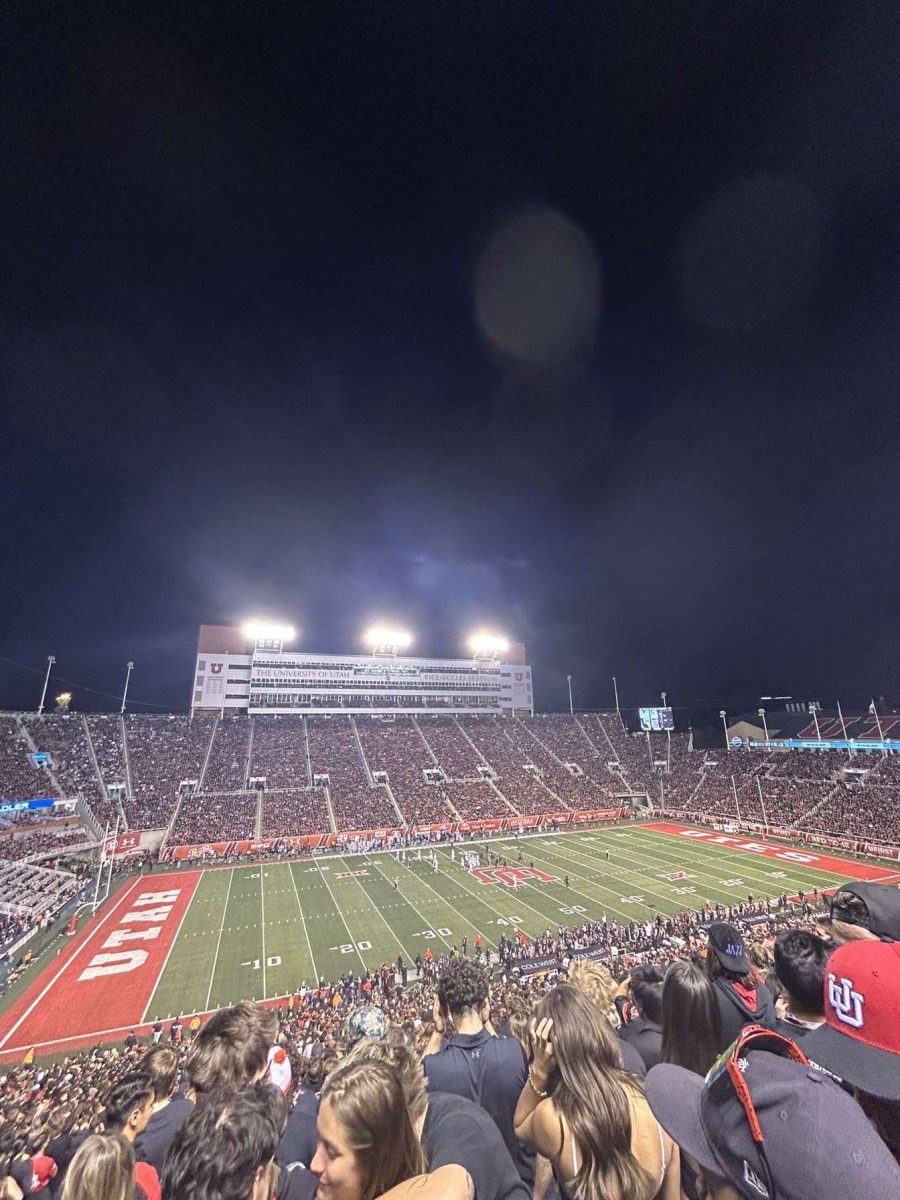Widespread Antibody Testing, Are They Reliable?
Antibody tests, or serology tests, may allow people to return to their jobs, school, and many of the things they did before quarantine and the Coronavirus.
Antibody tests check, through a blood sample, for proteins called antibodies in the immune system that are there to fight off a specific disease. An antibody test will let researchers know if a patient has already had or been exposed to a disease or condition. So far, there are FDA approved antibody tests for approximately 35 conditions or diseases, including Malaria, HIV, and Lyme Disease.
The antibody testing for the Coronavirus will identify who has already been exposed to or been infected with the Coronavirus, whether that person experienced symptoms or not. If a person does possess the antibodies used to fight off the Coronavirus, it may mean that they could be immune to the virus.t is still unclear how long or to what degree this immunity can last.
However, some news articles are saying that the COVID-19 antibody tests might not be accurate enough to distinguish antibodies from the pandemic-causing Coronavirus, and antibodies from the coronaviruses that can cause the common cold. This can lead to people believing that they may have some immunity to the Coronavirus, when, in actuality, they do not.
According to a CNN article written by Elizabeth Cohen, the Senior Medical Correspondent, few tests can be considered reliable and good.
“Second, there are good tests in the midst of the bad ones, but they’re not yet widely and easily available throughout the country,” Cohen wrote.
As previously mentioned, the antibody test might be able to determine if someone is immune to the Coronavirus. However, researchers are stating that even if you possess the proper antibodies, it is still not 100% clear that you are immune and will not contract the disease again.
A letter written by NAS scientists to the White House about the quality of the antibody tests stated,
“All SARS-CoV-2 serological study results should be viewed as suspect until rigorous controls are performed and performance characteristics described, as antibody detection methods can vary considerably, and most so far have not described well-standardized controls,” read the letter.

Sophia Greiper is a senior at AHS. This is her third year in Journalism and first year as a news editor. In her free time, she likes to play...





















